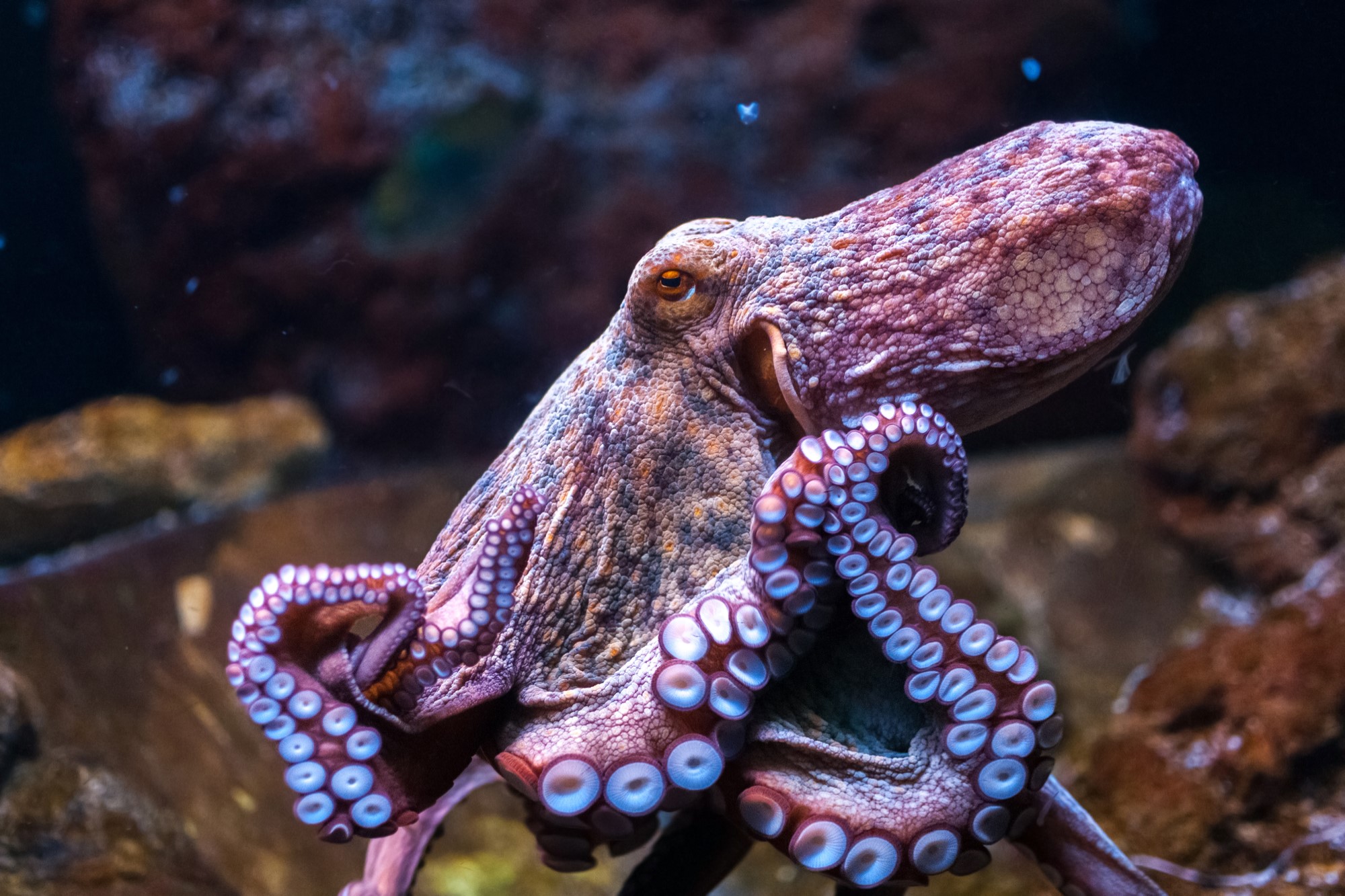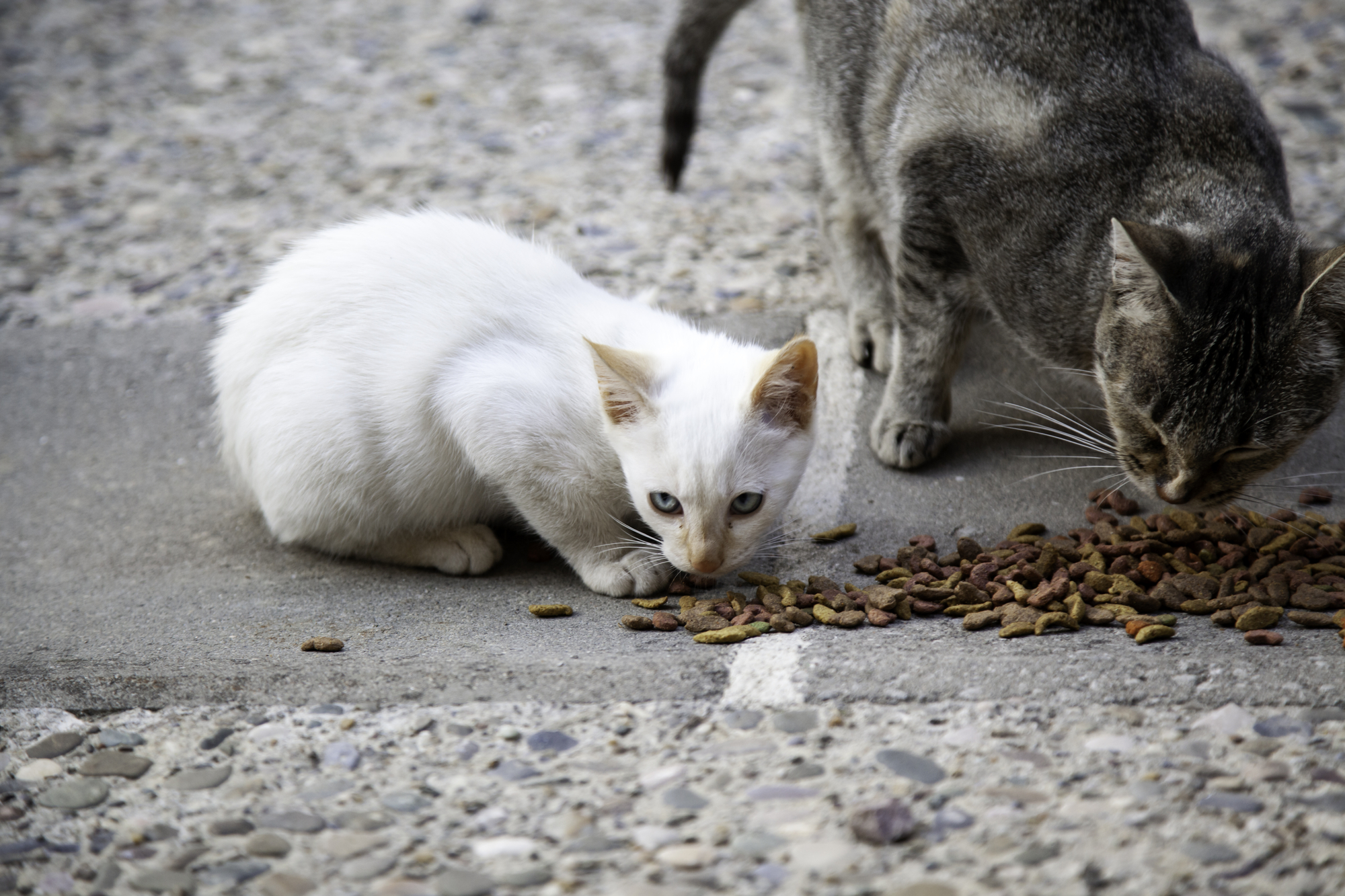On the Morality of Killing Weka

The Weka – one of New Zealand’s most iconic birds, after the Kiwi – has been thrust into the spotlight after a recent episode of a U.S. reality show depicted two contestants killing and eating one of the birds. The Weka – like almost all native New Zealand species – is afforded protected status, and may not be hunted, killed, eaten, or possessed. For this reason, the contestants were eliminated from the show, and received a written warning from the New Zealand Department of Conservation (DoC) – though could have also been issued a fine of up to $100,000NZ (approximately $470,000USD).
As with many New Zealand birds, weka populations have seen a drastic reduction since the arrival of European settlers and the corresponding introduction of invasive predators such as ferrets and domestic cats. Weka have subsequently been identified as a vulnerable species, and made the subject of a number of programs to bolster their populations. All of this might seem to provide a clear-cut case for the moral impermissibility of killing one of these birds. As is usually the case, however, things are far more complicated than they first appear.
Protected status notwithstanding, there might exist independent moral reasons to think that killing an animal is wrong. The most famous of these was provided by Peter Singer in his 1975 book Animal Liberation. According to Singer, the ability of animals to feel pain and pleasure (i.e., their sentience) is sufficient for them to have interests: namely, an interest in experiencing pleasure and an interest in avoiding pain. According to Singer, these interests need to be weighed against the interests of other concerned parties in our moral decision-making. It’s this kind of reasoning that underpins arguments against harming animals merely for the purposes of entertainment or cosmetic testing. It allows us to explain why it might be wrong to declaw cats or purebreed certain dogs and – in its most ambitious form – gives us reason to question our treatment of less-considered animals like fish, octopi, and maybe even insects.
The impermissibility of causing harm to an animal might also be exacerbated by that animal’s awareness of the suffering it experiences. This is a particularly acute concern in the case of weka, who are notoriously intelligent birds. I was lucky enough to get up-close-and-personal with several weka at the Owlcatraz Native Bird and Wildlife Park in Shannon, New Zealand. They are, in the words of DoC, a “feisty” species prone to a distinctive, threatening growl – yet our guide assured us that they were not hostile towards humans, but merely harbored a “general aggression at the world.” Despite their petulance, they exhibited enormous intelligence and charisma, and we were regaled with the many ways in which they had defeated the barricades designed to keep them from attacking and killing other protected birds in the sanctuary. One particular weka had even gone so far as to refrain from eating the food it had been provided (thereby ignoring the fundamental biological urge of hunger) and using that food to lure and catch another bird for dinner.
Yet it’s precisely this behavior that may, in fact, provide moral reasons in favor of killing weka in certain limited circumstances. The tenacious and highly intelligent scavenging nature of the weka means that – in the words of DoC – they occupy a “problematic conservation niche.” While they are critically threatened on the mainland, their introduction to island colonies (a typical location for boosting the population of vulnerable species) sees other protected animals immediately put at risk. In this way, a delicate balancing act is required. While weka populations need to be maintained, they must also be limited so as not to see other species become threatened.
The weka, then, provides an example of a problem that is common in ecological preservation: in order to preserve the interests of one species, we might have to violate the interests of another. This is precisely what happens when we are forced to cull an invasive species. The challenge then becomes doing so in a way that minimizes harm to all animals involved. I’ve previously written on how this might be done in the context of feral cat populations. Is it morally preferable to prohibit the feeding of feral cats, or to poison them? Or should we instead opt for a comprehensive system of trap, neuter, and release? Finding the right answer is notoriously difficult.
The weka presents a slightly different version of the problem, since it is not an invasive species. Instead, it is the victim of invasive predation – and thus is in need of concerted conservation efforts. Yet these must be done carefully, since it, too, predates upon other species that have also been the victim of invasive predation. What this means, then, is that there might be some moral reasons in favor of killing a certain number of weka. Of course, any such program would need to be officially sanctioned and carefully managed – not merely carried out by U.S. reality show contestants ignorant of their actions. Yet the “problematic” nature of the weka – and the precarious position it holds in New Zealand’s ecosystem – show that the morality of killing weka is far more nuanced than it might first appear.



